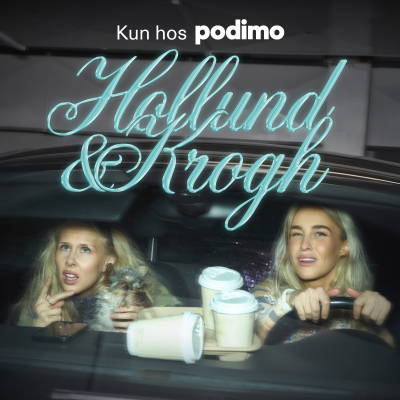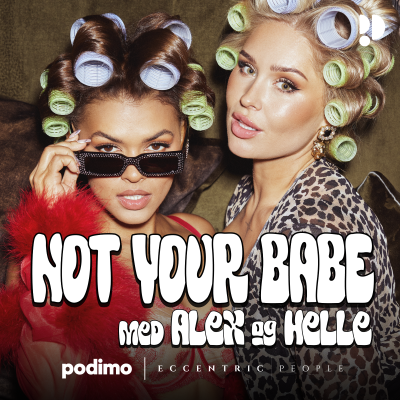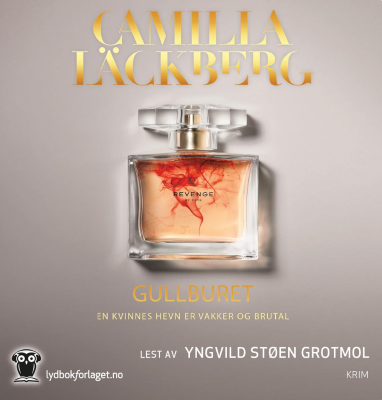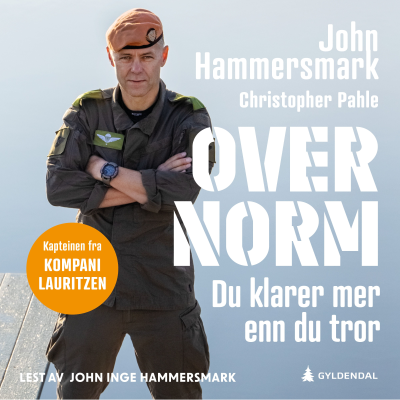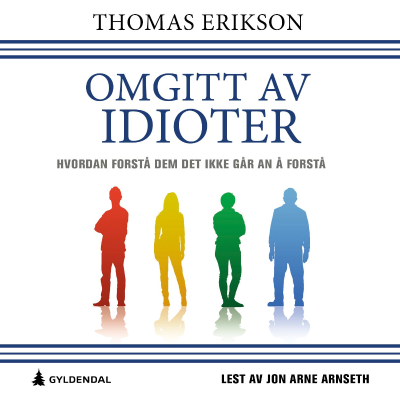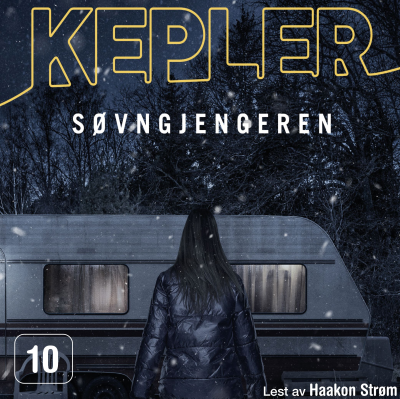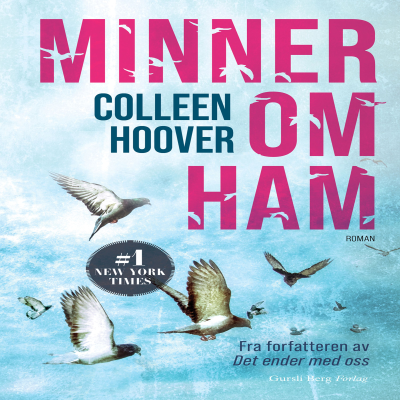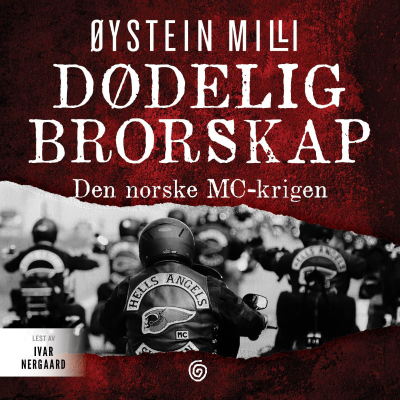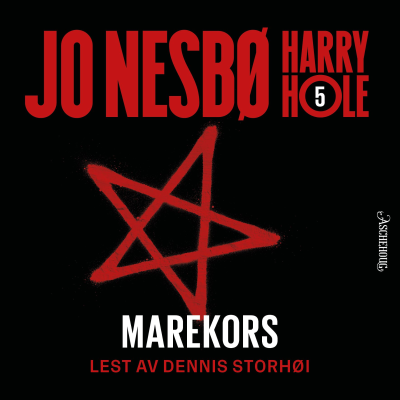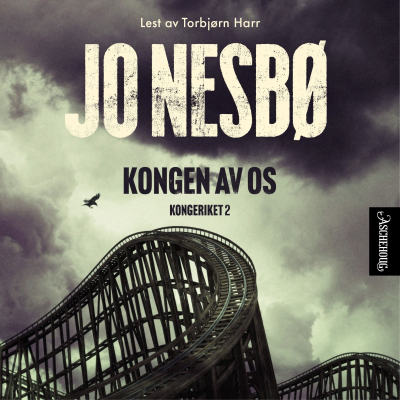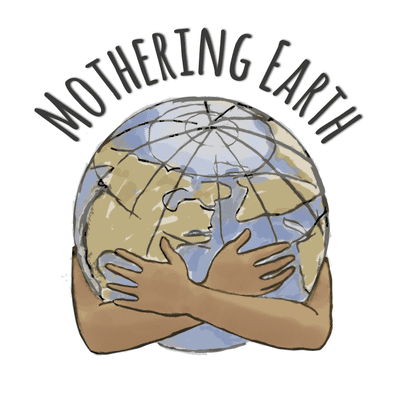
Mothering Earth Podcast
engelsk
Nyheter og politikk
Prøv gratis i 14 dager
99 kr / Måned etter prøveperioden.Avslutt når som helst.
- 20 timer lydbøker i måneden
- Eksklusive podkaster
- Gratis podkaster
Les mer Mothering Earth Podcast
Dr. Salwa Khan is a media producer and educator with a deep and abiding interest in protecting our Mother Earth. The podcast program Mothering Earth featured here is her latest effort to spread the word that we all need to mother Earth by learning to live gently and sustainably.
Alle episoder
141 EpisoderMothering Earth-139-Fenceline Watch
The Houston, Texas ship channel area is home to hundreds of petroleum and petrochemical facilities. These include refineries, and plants that produce the materials that will become the millions of tons of plastic items produced each year. They also produce toxic emissions that pollute the air, water and soil and that endanger the health of all area residents. Fenceline Watch is a community-based environmental justice group whose leaders live in the same area. You’ll hear from Yvette Arellano, Founder and Director and Shiv Srivastava, Policy Director of Fenceline Watch, both of whom work to expose the toxic harm that their community faces daily, and the conditions that exist to protect the companies responsible for the pollutants.
Mothering Earth-138-Ripple: Reintegrating With Nature
For generations, we humans have been taught that we are superior to the rest of nature, that we alone can reshape all of nature and the environment, to serve our needs, which leads to a sense of separation from nature. At the same time humans have a need to connect and be in nature. In this program, we explore those competing ideas and how they shape our lives, with author William Powers. His latest book is Ripple: An Intimate Exchange of Urgency and Hope Between An Ecologist and His Daughter, which is largely made up of communications between Powers and his young daughter as they navigate a path to reintegrating with nature.
Mothering Earth-137-CoolEnvironment
How do we stay cool on a planet that heating up? It’s a tough question, because we have been relying on fossil fuels, like coal, oil and gas to keep the air conditioners and fans running, and it is those same fuels that contribute mightily to global warming. Rather than promoting the use of renewable energy sources, it appears we are going to be using even more oil, gas and coal. So we turn to an architect to get some ideas on designing living spaces that are as highly energy efficient as possible.
Mothering Earth-136-World Wildlife Fund & the Rio Grande
A changing climate with hotter and drier weather is a challenge for people, but also for lakes, reservoirs and rivers. The Rio Grande river, which runs from Colorado into Mexico, crossing several U.S. states, continues to shrink and to run dry in places where it used to flow. Most of the water from the river is used to grow crops like alfalfa and hay to feed livestock, Other crops are cotton and pecans; some water is used for power generation and some for municipal water use. But the river can no longer provide enough water for all those uses. The World Wildlife Fund has made it their mission to revitalize the river. It’s a daunting task, one faced by my guest, Enrique Prunes, Rio Grande Manager and Freshwater Lead Specialist at World Wildlife Fund US.
Mothering Earth-135-Homegrown National Park
Whether your outdoor space is a large garden or a tiny apartment balcony, you can plant plants that are native to your part of the world. For those with lawns, you can reduce or eliminate the lawn and replace those areas with native plants. The result would be a greater sequestration of carbon by those plants, and increased support for all forms of life, including birds, insects, pollinators and other animals. Another benefit is we would use less water, and our water would be protected from pollution from fertilizer, pesticides, herbicides and fungicides which are widely used to maintain lawns and non-native plants. Doug Tallamy is co-founder of the Homegrown National Park, a nationwide project that encourages everyone to plant natives and eliminate, or at least reduce, lawn areas. You can be part of this project and in the process become a conservationist, and part of the solution to climate change.
Velg abonnementet ditt
Premium
20 timer lydbøker
Eksklusive podkaster
Gratis podkaster
Avslutt når som helst
Prøv gratis i 14 dager
Deretter 99 kr / måned
Premium Plus
100 timer lydbøker
Eksklusive podkaster
Gratis podkaster
Avslutt når som helst
Prøv gratis i 14 dager
Deretter 169 kr / måned
Prøv gratis i 14 dager. 99 kr / Måned etter prøveperioden. Avslutt når som helst.
